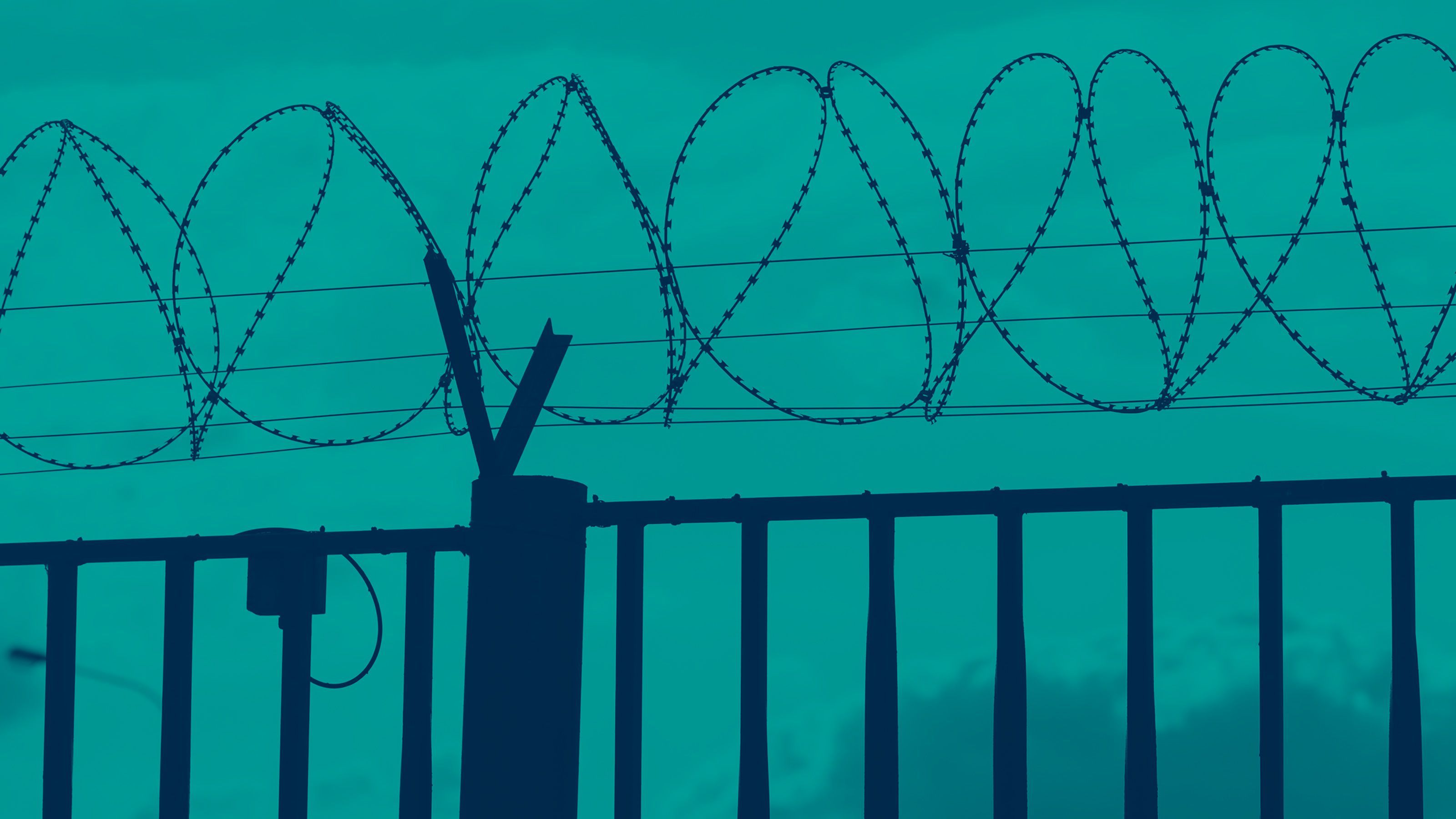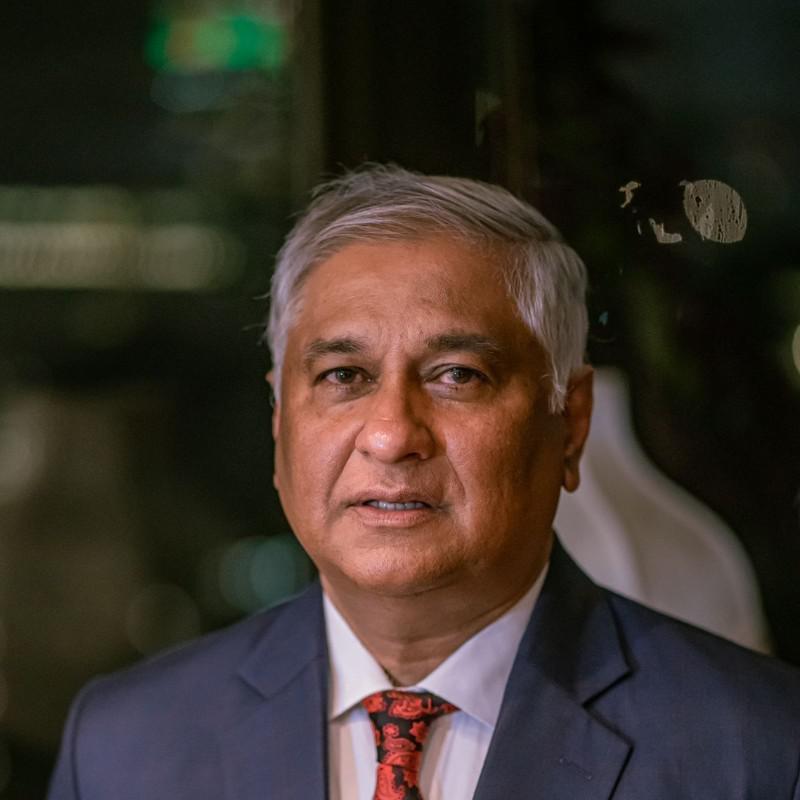{
"authors": [
"Satyendra Prasad"
],
"type": "event",
"centerAffiliationAll": "",
"centers": [
"Carnegie Endowment for International Peace",
"Carnegie India"
],
"englishNewsletterAll": "",
"nonEnglishNewsletterAll": "",
"primaryCenter": "Carnegie India",
"programAffiliation": "",
"programs": [],
"projects": [
"Security Studies"
],
"regions": [
"Chile",
"Indo-Pacific",
"India"
],
"topics": [
"Security",
"Foreign Policy"
]
}
The Geopolitics of India’s Ties With the Pacific Islands
Fri, August 9th, 2024
Carnegie India conference room
India looks to expand its naval and disaster risk reduction collaboration, blue economy initiatives, and forge closer bilateral engagements with the Indo-Pacific states. The Pacific Islands countries are equally excited by this growing partnership. China’s presence in the region through permanent offshore military installations and the Belt and Road Initiative (BRI) marks its expansive footprint. India aims to counter this presence through strategic partnerships such as the Quadrilateral Security Dialogue (Quad), the Forum for India–Pacific Islands Cooperation (FIPIC), and others. How should India pursue a deeper and broader relationship with the Pacific Island states? What are the global ramifications of the climate crisis in the Pacific islands? How has the rapid advancement of China tilted the regional power balance?
Carnegie India hosted a discussion on the geopolitical significance and environmental promises of the Pacific Island states in an evolving world order. The discussion was moderated by Saheb Singh Chadha.
DISCUSSION HIGHLIGHTS
Importance of the Pacific Islands to India and the West: Participants discussed the need for India to bring more depth into its engagements with the Pacific Island states. They viewed these states as emerging entry points to a rapidly evolving global order increasingly favoring Asia. Moreover, they deliberated on the exceptional nature of the relationship between India and the Pacific. India’s trade-based development model is reliant on its deeper integration with the global economy. Thus, having a secure pathway to these islands is critical to forging a rules-based, stable Indo-Pacific. Such growing strategic importance to India can be represented by the vast undersea cable networks that flow through the Island states’ waters that need to be secured through the cooperation of like-minded states. Participants mused on the creation of a more accommodating global financial infrastructure. Amid delays in recent negotiations between the United States and Palau, Micronesia, and the Marshall Islands on the terms of the renewal of the Compacts of Free Association (COFA), the regional power balance has tilted in favor of China as a reliable, stable developmental partner. India can play a key role in helping overcome these capacity deficits, while also providing an effective deterrent against growing Chinese presence in the region.
Climate, Seabed, and Food Security: Participants discussed the far-reaching ramifications of the climate crisis upon the Pacific Islands and urged a broader understanding of the region. They deliberated over commercial seabed mining and its divisive legacy within the international arena. The Clarion-Clipperton zone, an area of emerging commercial interest, is a rare minerals repository that can ease the islands’ transition to a low-carbon economy. This divisive zone has elicited a range of stances from different states. For instance, Fiji has called for a moratorium on all commercial mining, and China has rapidly advanced in engineering sophisticated mining technologies. Participants further contemplated the dual-use nature of artificial islands on high seas, as extraction sites and a survival tactic for future climate catastrophes. Nonetheless, they also conceded that international law remains inadequate in addressing the jurisdictional questions that such contested geopolitical spaces present. The deliberations also turned to the pressing need for capacity building within the region, noting with concern the paucity of local expertise during deep seabed mining negotiations. Lastly, participants illuminated the nexus between food security and regional stability, underscoring that the Pacific is the cradle of two-thirds of the global tuna fisheries stock. Thereby, states with larger capacities for technological development should develop greater commercial avenues within the Pacific to safeguard global food security.
China and the Regional Power Balance: Participants deliberated the states’ relations with China. China is positioned as a key regional trading partner, situated squarely on the global map of disproportionate economic dependencies. Of note, it has raised security concerns with recent big-ticket development projects in Fiji, the Solomon Islands, Palau, and Papua New Guinea. However, the West—including multilateral entities such as the Partners of the Blue Pacific and its key constituents, France, Germany, and the UK—is catching up to China by duly re-engaging with the islands’ developmental and diplomatic spheres. The islands’ depressed economic position is largely due to their “climate debt,” or the costs of the significant natural devastation that has led them to borrow funds to rebuild basic infrastructure.
Carnegie does not take institutional positions on public policy issues; the views represented herein are those of the author(s) and do not necessarily reflect the views of Carnegie, its staff, or its trustees.
